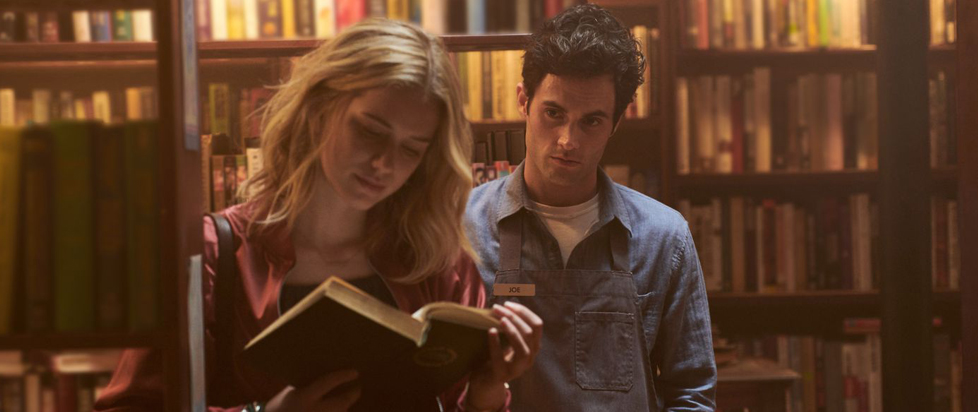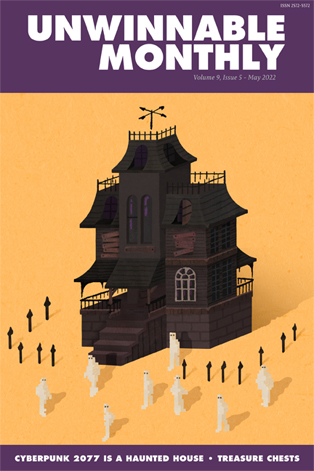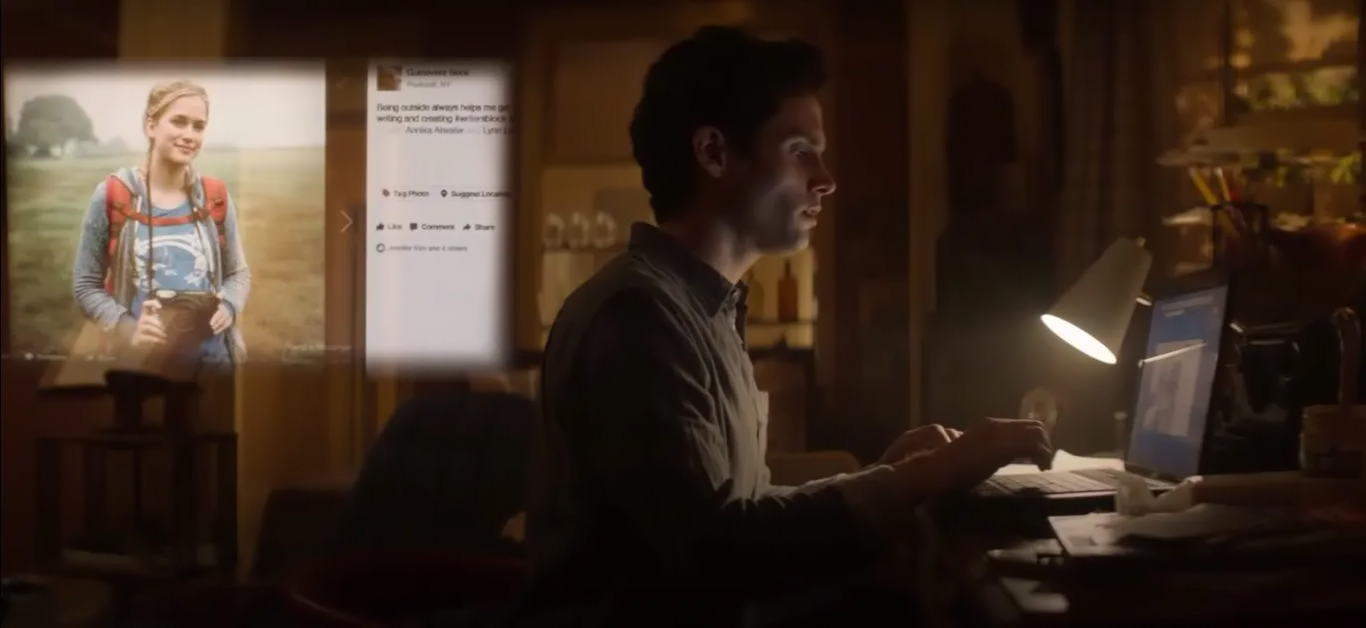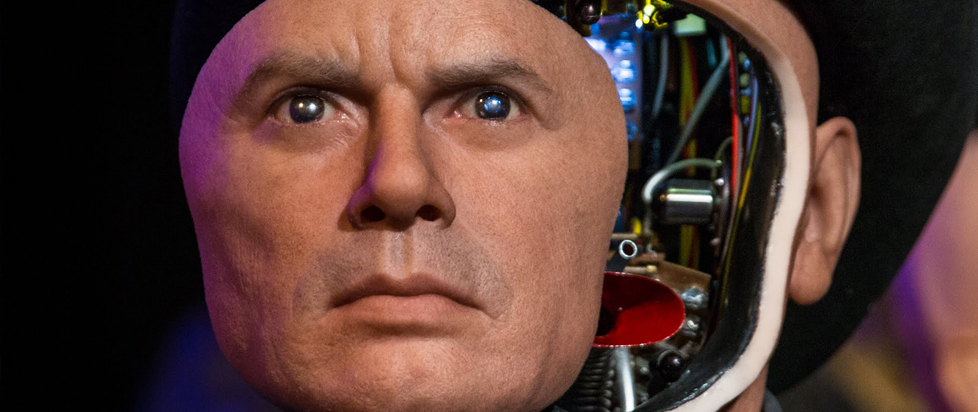
You & Me

This column is a reprint from Unwinnable Monthly #151. If you like what you see, grab the magazine for less than ten dollars, or subscribe and get all future magazines for half price.
———
A tongue-in-cheek but also painfully earnest look at pop culture and anything else that deserves to be ridiculed while at the same time regarded with the utmost respect. It is written by Matt Marrone and emailed to Stu Horvath and David Shimomura, who add any typos or factual errors that might appear within.
———
I just finished watching the first season of a Netflix show called You.
Never before have I been so disturbed by a TV episode that I turned it off midway through and tossed my remote control across the room. But that’s exactly what I did during this show’s season one finale. (I later finished watching it, on my phone, huddled in my upstairs bathroom.)
You fucked with my head in a way I never thought possible. It did so by accomplishing three extraordinary things:
- It made me fall in love — lovelove — with the lead female character. By the end of the show, I wasn’t just crushing on Elizabeth Lail. I was full-blown head over heels.
Lail is married. I am married. She is a young, beautiful, talented actress. I am not. I harbor no illusions. But I felt like an adolescent in the throes of puberty every time she appeared on screen. It was as if I were discovering women for the first time again, as if some new concept called “sex” was streaming into my living room through my Apple TV.
Elizabeth Lail, whom I have never seen perform in anything else, is intoxicating in this show.
- Because I had fallen madly in love with Elizabeth Lail, the show conned me into sympathizing with her stalker-turned-boyfriend. The show has a Dexter vibe, in which the male protagonist murders people with a twisted but somehow appealing logic. In You, the moral code is do whatever it takes to A) get Elizabeth Lail to fall in love with you (and stay in love with you) and B) improve her mess of a life.
See, I can dig that. So, if only to ensure her remaining on screen, I began rooting like hell for the romance between Elizabeth Lail and the killer bookstore clerk. The show wanted me to do that, and I did. In my imagination I became the bookstore clerk, and each episode was another dream date with Elizabeth Lail. I fell asleep every night with a smile on my face.
- But! In the season finale, the show pulled the rug completely out from under my feet. Elizabeth Lail discovers the clerk’s secrets and suddenly she’s in mortal danger, his prisoner in the bookstore’s basement. He’d love for her to accept all the wicked things he did – in his mind, for her – but she of course cannot, will not. She is terrified, dehumanized. And then, as if I’d snapped out of a dream into a nightmare, I couldn’t bear to watch another second. I jammed the power button down on my remote and chucked it somewhere where I couldn’t find it until the next afternoon.
I wasn’t angry; I was confused, disoriented. Why was I so distressed? It wasn’t because I didn’t get the happy ending I wanted. It wasn’t because I knew Elizabeth Lail was likely about to get snuffed. It took me a while, I don’t know how long, before I understood:
Somewhere along the line, I started to identify so strongly with the bookstore clerk that I actually didn’t mind – no, I fully endorsed – the horrible things he was doing. A latent part of me – obsessive, voyeuristic and, dare I say, misogynistic – suddenly was shockingly exposed. I hated what he was doing to her, I knew I should hate what he was doing to her, but after allowing similar things to happen to others, my revulsion when it was clear this was where it was headed all along came far too late. I felt . . . guilt.

The show made me believe that anything it took to get and to keep Elizabeth Lail was justifiable. Anything. Is this the person I am? Or was I tricked by the cameras and the makeup and all the other elements that make fiction come alive on the screen? The best I could do in the moment was settle on some combination of both: I wanted it to be 99% television magic and 1% me, but it felt a lot closer to 50/50, or worse.
In hindsight, maybe I was being too hard on myself. A character I had come to care about was now a victim and why should I feel great about it? I didn’t want to see Elizabeth Lail die! The totally fucked up romance I had fallen for was at an end, but was I really mourning that more than I was her life ending?
I needed closure, so, as I said, I watched the rest of the finale on my phone in the bathroom. At this point, I’d had some time to absorb it, but even after the episode was over, I stayed awake in bed feeling like garbage – questioning what deep-seated sociopathy I suffer from.
Damn you, You.
———
Matt Marrone is a senior MLB editor at ESPN.com. He has been Unwinnable’s reigning Rookie of the Year since 2011. You can follow him on Twitter @thebigm.




